
4
E-commerce is no longer just a transaction engine—it has become a full-scale digital ecosystem where technology, psychology, logistics, and data converge. In 2025, the online store is not merely a website. It is a responsive environment that learns from each click, adapts to each preference, and reshapes itself continuously to meet consumer expectations that evolve by the day.
Retailers are not simply selling products anymore. They are designing journeys. From first impression to last delivery, every interaction now influences purchasing behavior. Speed, personalization, and trust are not “nice to have” features—they are the baseline.
This article explores the transformation of online shopping in 2025 and beyond, not through short predictions, but through a strategic lens. You’ll understand where the industry is headed, why these changes matter, and how businesses can adapt to remain competitive.
AI-Powered Personalization: From Recommendations to Anticipation
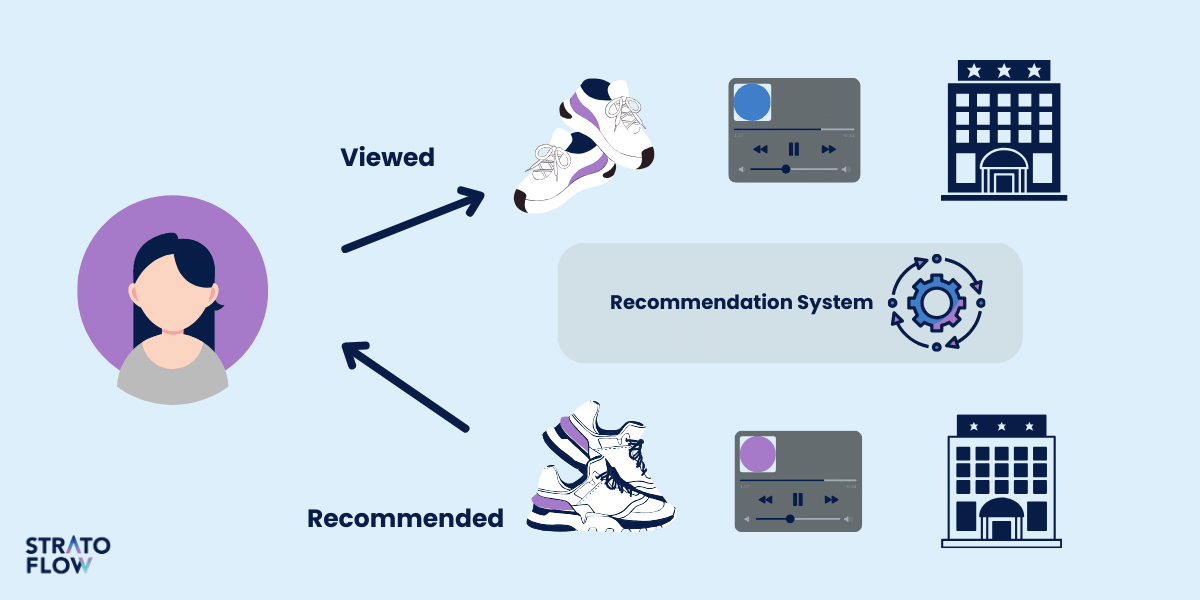
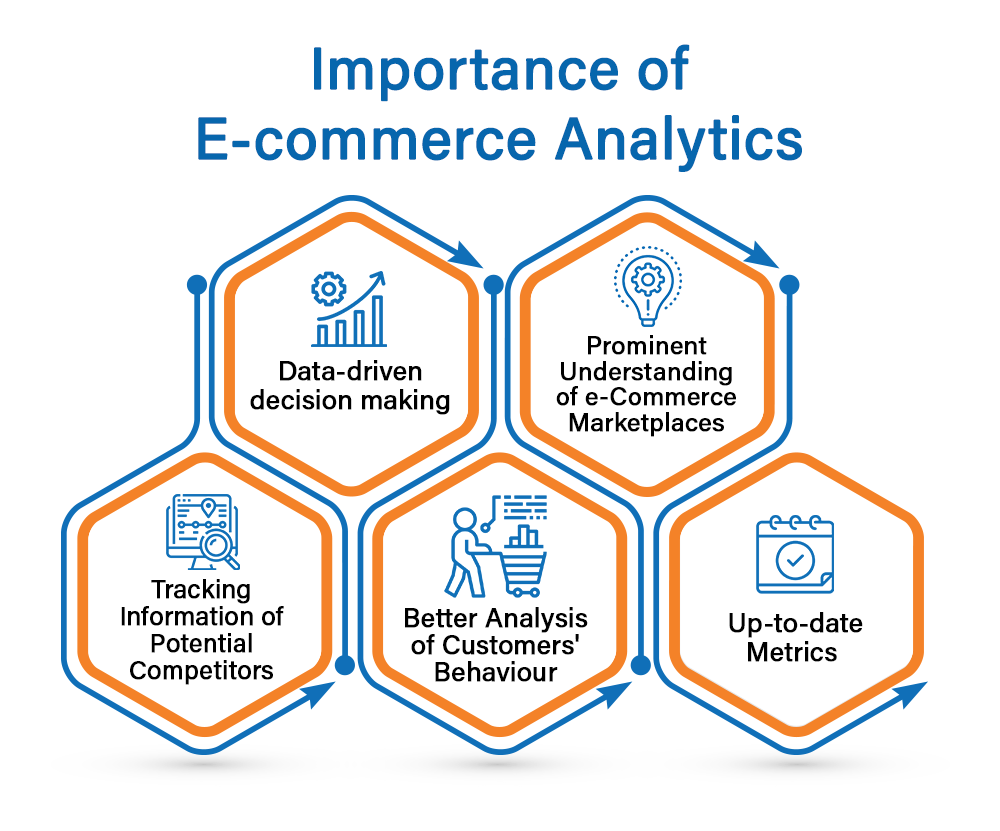
Artificial intelligence is quietly becoming the backbone of online retail. In the past, personalization meant showing similar products under a listing. In 2025, it means something far deeper. AI tools now analyze user behavior across multiple dimensions: browsing history, purchasing patterns, time spent on product pages, scrolling behavior, device usage, and even interaction timing.
Instead of reacting to customer behavior, platforms increasingly predict it.
When a shopper lands on a website, AI models do not just interpret intent. They anticipate it. The homepage rearranges based on historical preferences. Navigation menus adapt. Campaign banners change. Product visibility shifts. Behind the scenes, pricing models test elasticity in real time. Email campaigns are no longer scheduled—they are triggered.
For merchants, this personalization layer directly improves conversion rates and average basket size. For customers, it feels like the shop “understands” them.
In 2025, consumers expect this behavior. Relevance is no longer impressive—it is required.
AI is not replacing marketers. It is expanding their reach. Strategy becomes smarter because insight becomes continuous.
Augmented Reality (AR): Removing Doubt from Digital Shopping


One of the biggest barriers to online shopping has always been uncertainty. You cannot touch fabric, test fit, or feel texture through a screen. Augmented reality bridges that gap with precision.
In modern e-commerce environments, AR doesn’t entertain—it converts.
Consumers now “try on” eyewear, makeup, and shoes through their phone cameras. Furniture shoppers drop sofas into real rooms virtually. Interior decorators preview entire spaces digitally before spending a dollar.
This does more than reduce returns. It builds confidence.
Confidence is the true currency in digital retail.
Retailers who implement AR solutions report significantly higher engagement times, lower cart abandonment, and improved customer satisfaction. AR eliminates doubt at the exact moment a buyer hesitates.
As mobile hardware improves and AR frameworks stabilize, immersive previews will become as standard as zoom features once did.
Voice Commerce: When Search Becomes Conversation
Voice commerce is evolving from novelty to utility. Consumers are becoming comfortable speaking to systems instead of typing. Smart assistants now search products, compare prices, remind users of abandoned carts, and finalize purchases through simple conversation.
In 2025, the key advancement is not voice commands. It is understanding context.
Today’s assistants interpret tone, urgency, and logical sequence. They no longer return generic search results. They reply based on history, preferences, and relevance.
For e-commerce businesses, this shifts SEO from text-based logic to conversational architecture. Content must be optimized for how people speak, not just how they type.
Voice commerce is not replacing screens—but it is replacing friction.
The future checkout experience might not involve a mouse at all.
Sustainable & Ethical E-Commerce: Trust as a Competitive Weapon

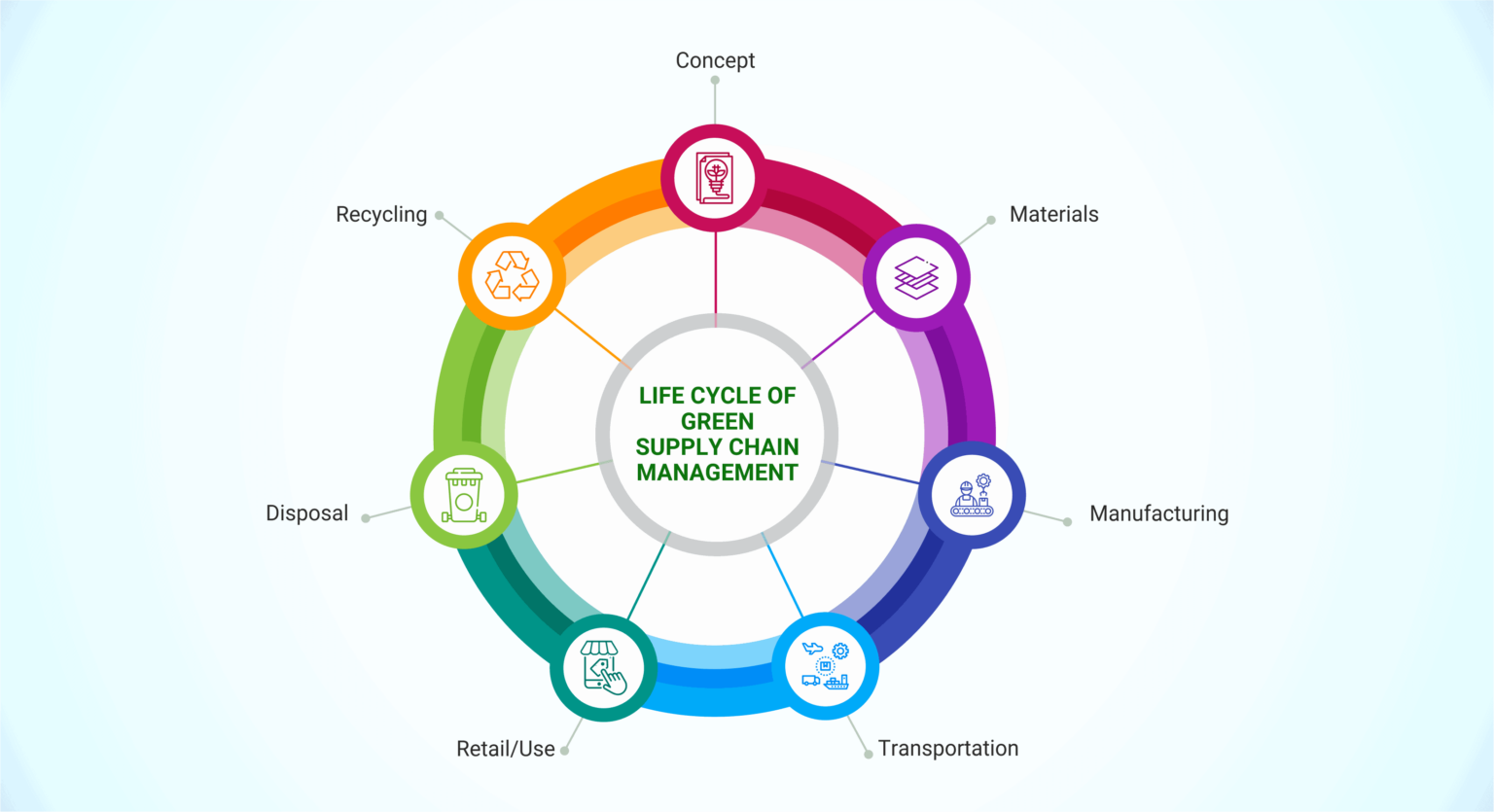
Sustainability has left the realm of marketing slogans. It now defines consumer behavior.
Buyers in 2025 actively research where products come from, how they are manufactured, and whether companies practice transparency. Sustainability impacts trust, and trust drives loyalty.
Eco-conscious e-commerce includes:
• sustainable packaging
• ethical sourcing
• carbon tracking
• social responsibility
• transparency across logistics
Customers reward honesty. They abandon brands that hide.
Companies that embed sustainability into their business model—not as an ad campaign—build long-term resilience.
Responsibility is becoming existential for brands.
The result? A new generation of buyers who choose values before discounts.
Social Commerce: The Storefront Moves to the Feed

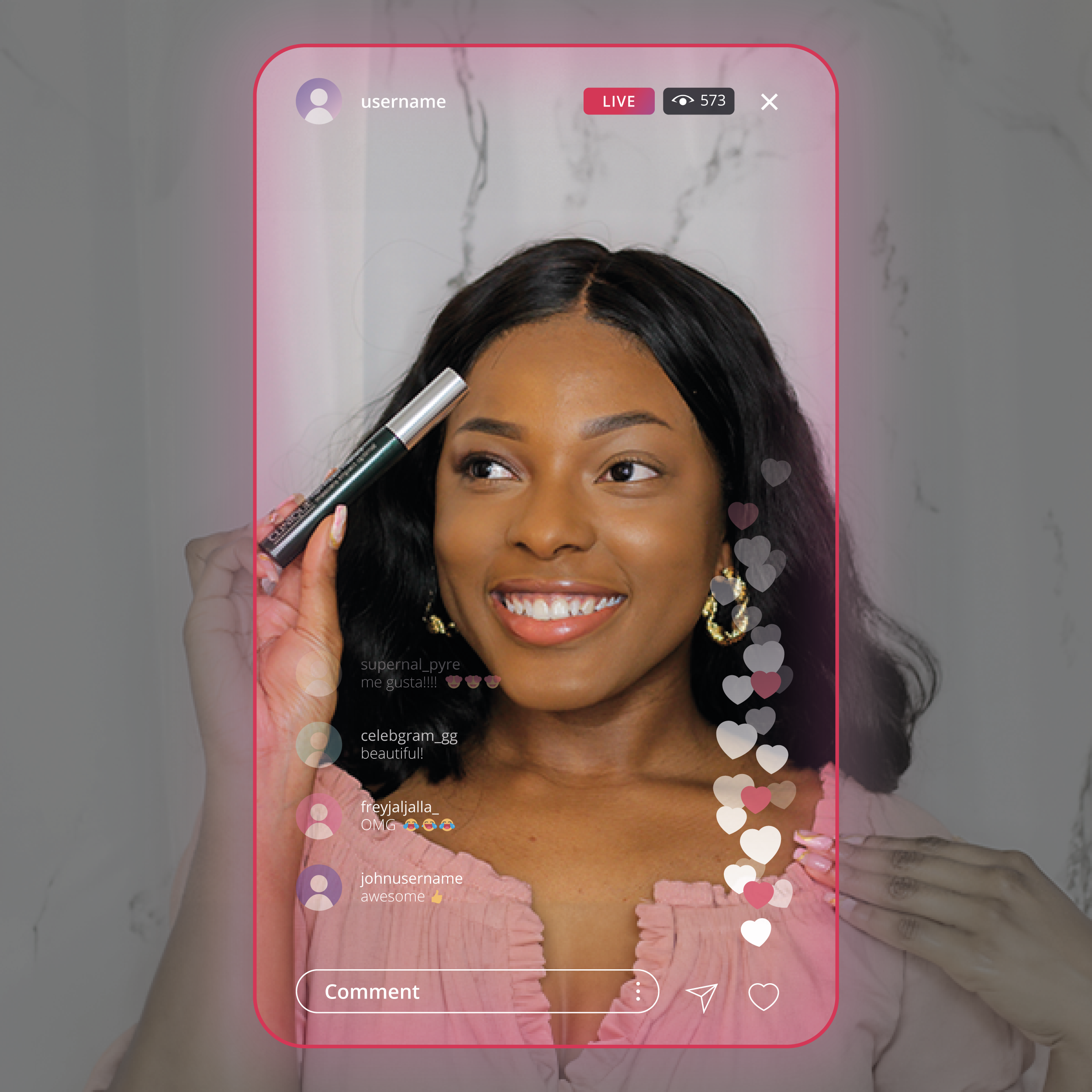

Social platforms are no longer traffic sources—they are marketplaces.
Consumers discover, evaluate, and purchase without leaving social apps. Content creators are now sales channels. User-generated marketing replaces traditional ads.
In 2025, a single viral video can generate more revenue than an entire paid campaign.
Why?
Because social proof is real.
When shopping feels authentic, resistance drops.
Brands that master storytelling outperform those that master sliders.
Social commerce removes barriers between attention and action.
Drone & Autonomous Delivery: Redefining Convenience

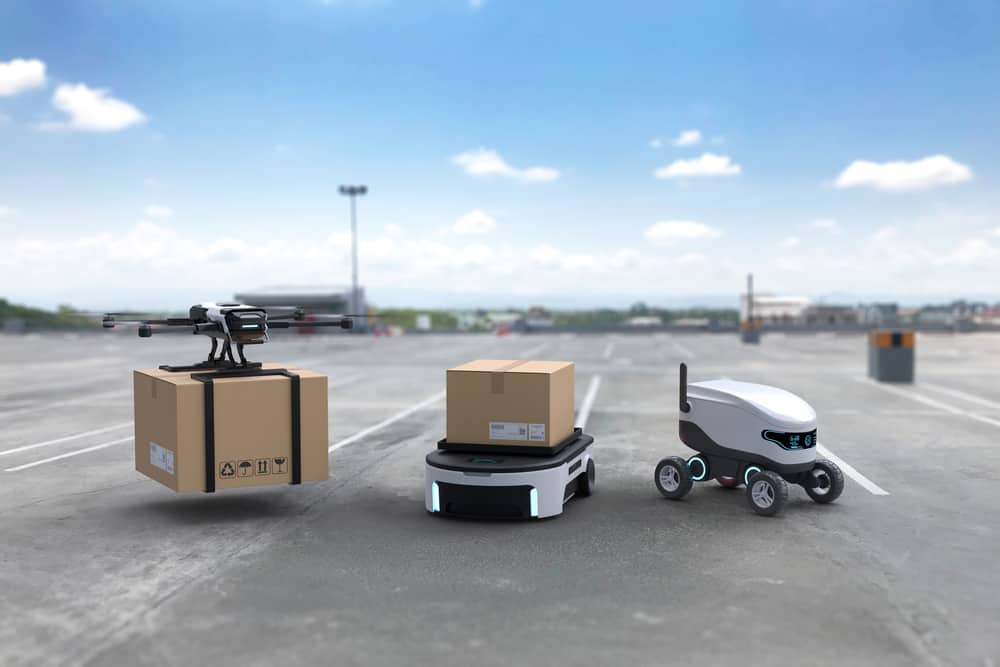
Speed has become a product feature.
Consumers are no longer impressed by next-day delivery. They expect it.
Autonomous logistics is reshaping distribution networks. Drones and self-driving vehicles shorten last-mile delivery time, especially in urban zones.
This matters because:
• faster delivery increases repeat purchases
• reliability improves brand loyalty
• operating costs decrease
• human labor shifts to support roles
The goal is not automation for automation’s sake.
The goal is precision at scale.
Blockchain: Trust Through Transparency

Blockchain technology is removing uncertainty from product origins.
From luxury goods to food products, blockchain allows customers to verify:
• source authenticity
• transport conditions
• storage history
• certification trail
Trust is no longer brand-based only.
It is data-based.
In an age of fraud and counterfeit goods, blockchain restores certainty in the transaction.
Subscription Commerce: Predictability Meets Personalization

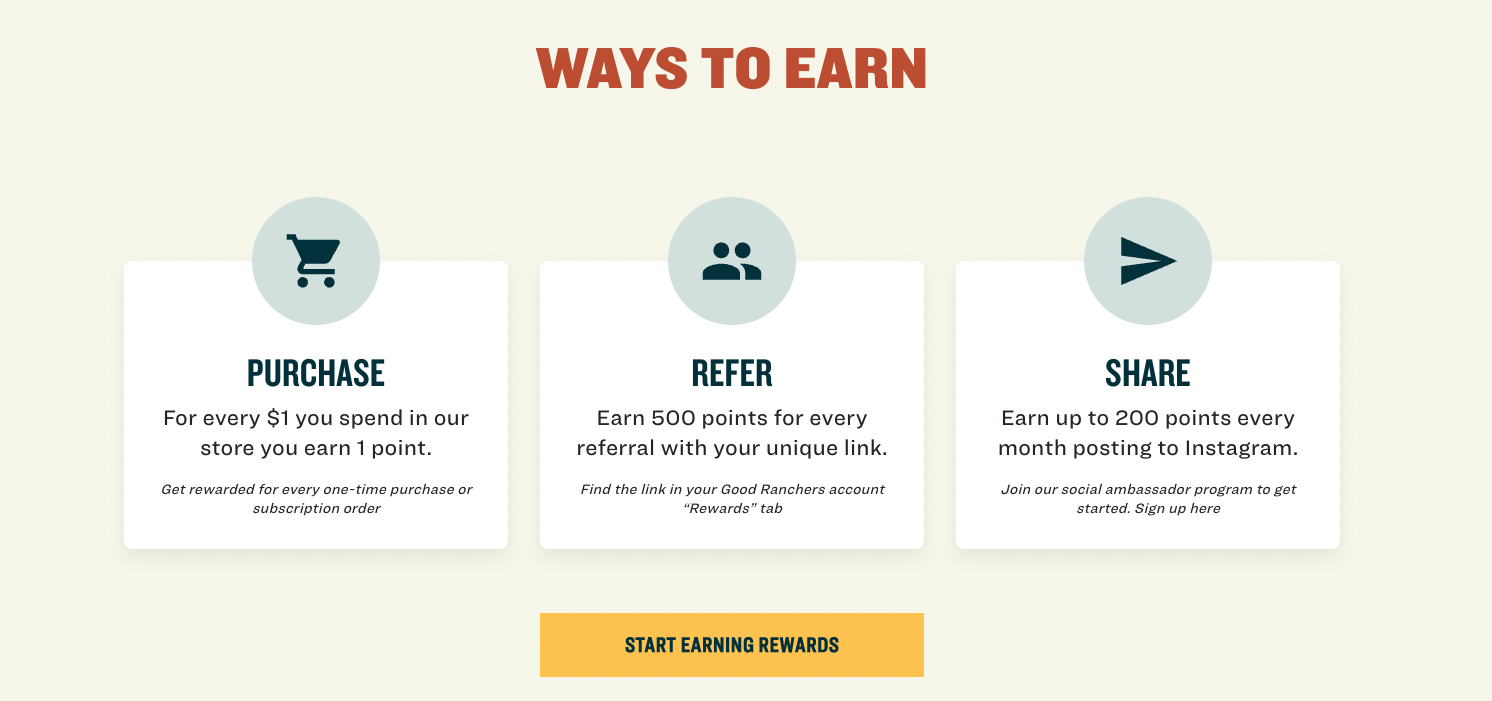
Subscriptions stabilize income for businesses and simplify life for customers.
From fitness gear to beauty products and learning platforms, recurring delivery creates habit.
Brands optimize shipments based on user preferences. Customers receive what they want before remembering they wanted it.
Subscriptions average higher lifetime value and lower churn when customized properly.
Consumers no longer buy objects.
They subscribe to experiences.
Live Shopping & Virtual Events


Livestream commerce blends entertainment and purchasing.
Hosts demonstrate products in real time. Viewers interact. Discounts happen live. Inventory updates instantly. Purchases become events.
This mirrors teleshopping—but upgraded with influence.
The community becomes the catalyst.
Trust builds rapidly inside live interaction.
Mobile-First Experience: The New Default
Mobile traffic dominates.
This means:
• speed optimization
• thumb-friendly design
• simplified checkout
• biometric payments
Mobile is no longer a version.
It is the platform.
Poor mobile experience equals lost revenue.
What This Means for Businesses
Consumers do not adapt to stores.
Stores must adapt to consumers.
E-commerce success now demands:
• technical investment
• UX strategy
• data intelligence
• logistics evolution
• ethical alignment
In 2025, competition is not between stores.
It is between experiences.
The Future Retail Model
Tomorrow’s e-commerce ecosystem will be:
• predictive
• immersive
• transparent
• automated
• personalized
• human-centered
The brands that integrate technology without losing authenticity will dominate.
Final Thoughts
E-commerce is evolving into something bigger than shopping.
It is becoming an environment.
An interface between technology and humanity.
Companies that treat it like a checkout page will fail.
Companies that treat it like a living system will outperform.of the digital retail revolution.






